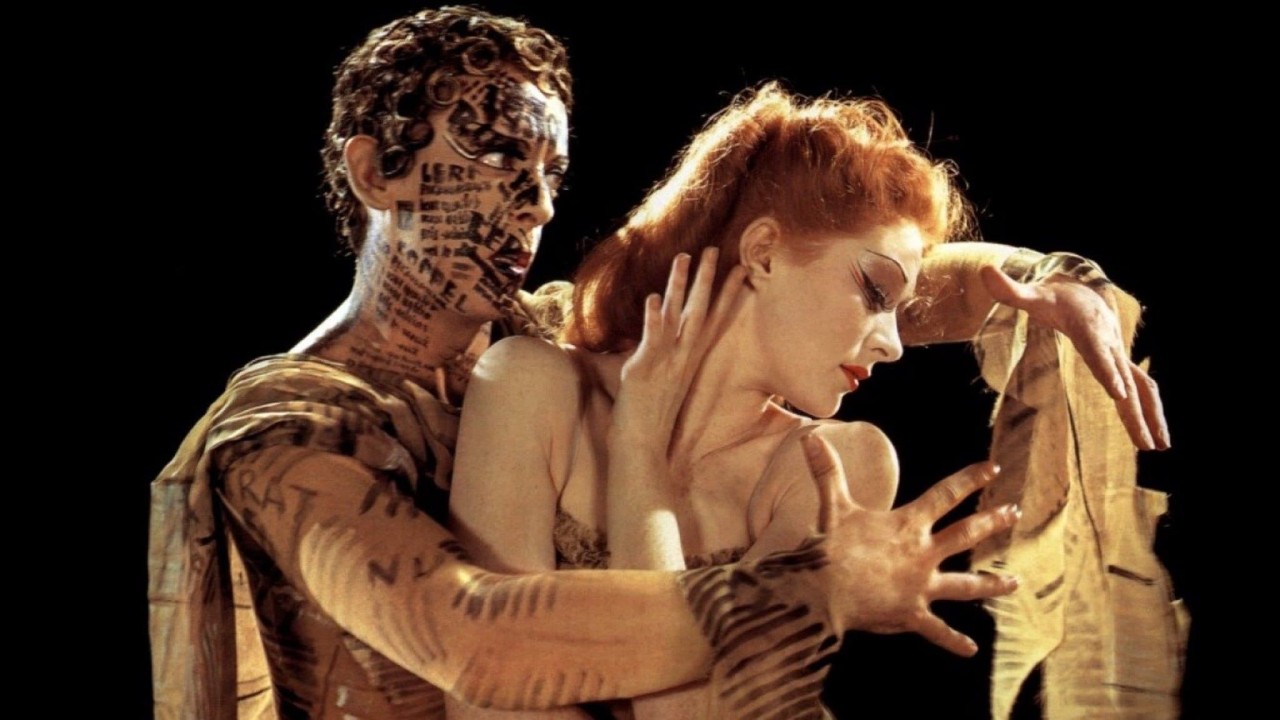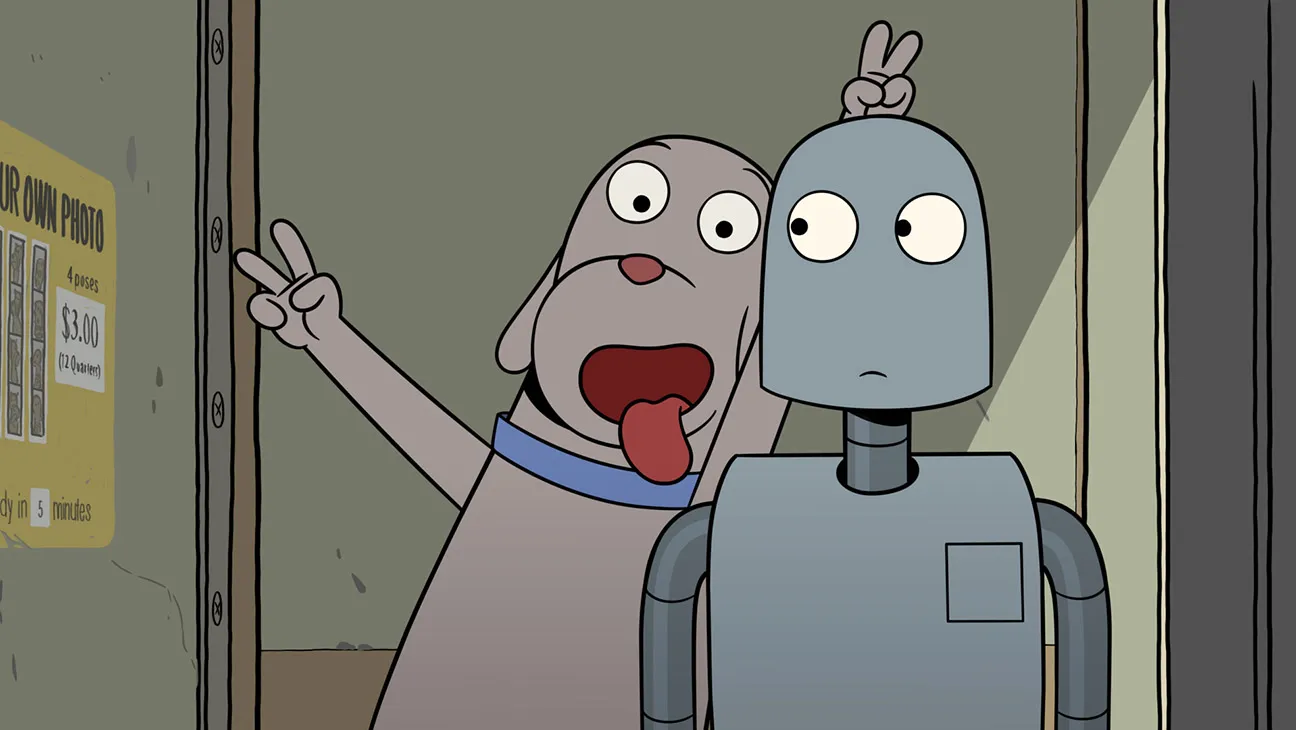by Robert L. Jerome
What has happened to Federico Fellini?
You know, the distinguished Italian director whose best films—La Strada, Nights of Cabiria and La Dolce Vita—rate an entire chapter in a serious filmgoer’s personal volume of “The Fifty Great Films.”
The question comes up because there is an important new movie in release entitled Fellini Satyricon, but while it has little to do with Petronius’ satiric overview of ancient Roman scandals, it has even less of a connection with the Federico Fellini of yore, the director who was able to take cinematic straw and miraculously spit it into gold.
The process, unfortunately, has reversed itself in recent years, and this view of the Satyricon is proof positive that the golden resources lavished on Fellini by his trusting producers can be reduced to brightly-colored but unenriching fare.
To be sure, the Fellini eye for striking images is still potent, and the film has a nightmarish beauty which, time and again, forces even the most stubborn viewer to nod in appreciation. Vernacchio’s sumptuous banquet, Licha’s slave ship and the arena of the Minotaur have the appearance of hallucinations worth inducing. Yet, all the stunning effects, which (at least) were harnessed to a voyage of self-discovery in Juliet of the Spirits, fall flat after a time when the story becomes flabby and the people are mere puppets.
The episodic structure of the original story should have been catnip to the director whose past achievements were collections of strong vignettes building to a powerful, overpowering theme. Here Fellini fashions the trials and tribulations of handsome Encolpius, a young Roman layabout whose adventures form a predictable pattern of pleasureless pleasures and passionless pain.
In a series of supremely picturesque encounters, Encolpius views the worst of Roman self-indulgence without learning much about himself. He fights with a friend over the favors of a vixenish child; he survives an earthquake; he is forced to marry a one-eyed slave trader in a sea-going travesty of love; he is defeated in a battle with a beefy minotaur; he kills an old man in an abortive attempt to kidnap a youth worshipped as a god, and finally, when he looses manhood, he is tormented until he discovers a gigantic Earth Mother.
At the end, he asserts himself momentarily when he refuses to join a cannibalistic feast, but he is never the spiritual brother of the intense young men who wander purposefully through Fellini’s earlier films.
The cinematography, by the gifted Giuseppe Rotunno, gives the pre-Christian era the exotic look of some private science fiction world of the future. The costumes and sets of Danilo Donati add to the weird attractiveness of the project, and Nino Rota’s music is, as always, a genuine plus-factor in a Fellini film.
As Encolpius, English newcomer Martin Potter is a pretty face, and Hiram Keller (formerly of “Hair”), as his foul fair-weather friend, defines evil by smirking a lot. The dubbed Italian dialogue (with snatches of German) and Fellini’s rigid, “say cheese” demands give no inkling of their acting ability.
Of the others, Salvo Randone supplies a modicum of emotion as a poor poet enraged by hypocrisy of the rich; Magali Noël (the nightclub dancer from La Dolce Vita) does a mean mambo at a Roman orgy; Hylette Adolphe makes a lovely slave girl who speaks in a beguiling sing-song tongue and shares, with Encolpius and his friend, a soothing sexual interlude in the midst of grotesque doings; Alain Cuny is briefly interesting as the strange, one-eyed flesh peddler, and Fanfulla gives the proper sinister tinge to Vernacchio.
In briefer bits, both Capucine and Lucia Bose are wasted as long-suffering Roman women, and science fiction fans who look quickly will recognize American strongman Gordon Mitchell (The Giant of Metropolis) as a gritty cut-throat.
There’s an old Hollywood axiom which says that when a director dies he becomes a cameraman. Is the old Fellini dead? If so, he is a cameraman de luxe and a virtuoso interior decorator, as well. But still … the man who breathed life into Gelsomina, Cabiria, Marcello and Guido was so much more.
Cinefantastique, Fall 1970, p. 25




